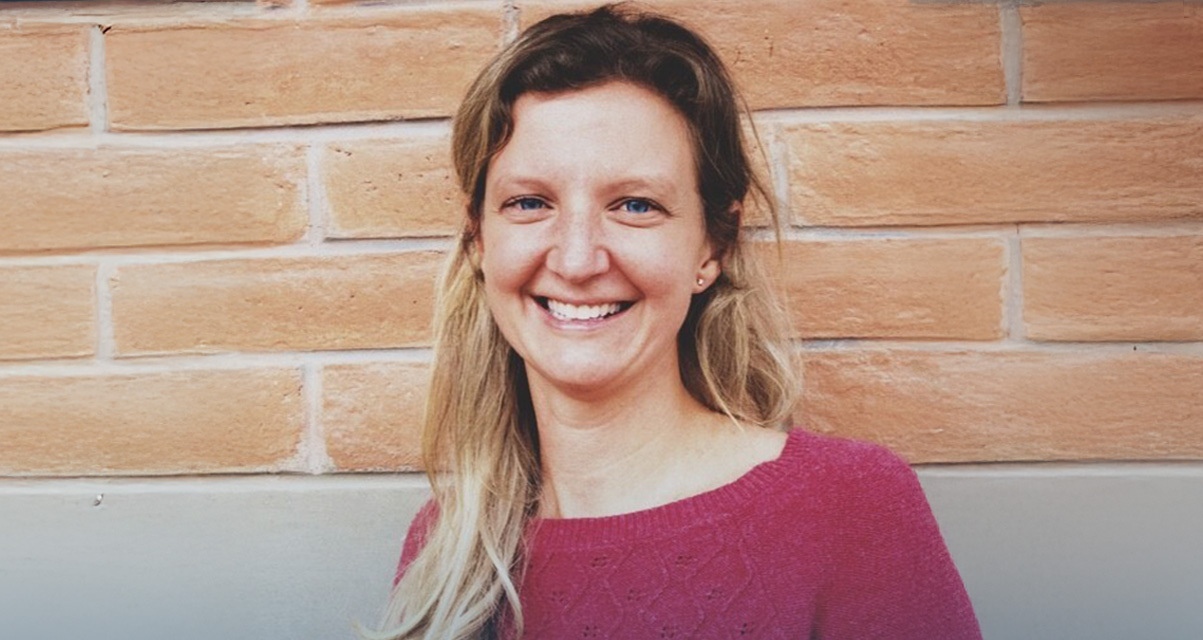Transforming Lives: Jennifer Thomas ’07 on Leading For His Children in Ecuador
Gordon Spanish and elementary education major Jennifer Thomas ’07 started at For His Children (FHC) as a volunteer. Over the years she worked her way up the ranks and is now the executive director of this Christian children’s home, which serves vulnerable children in Ecuador through adoption and fostering. We sat down with her to ask about the realities of caring for vulnerable children in developing countries.
Q: What makes For His Children different from other children’s homes?
At FHC we believe Christians are called to care for the orphan and the vulnerable. Our program is designed with the goal of personalized care. Each child has their own toys and their own stuffed animal on their bed at the Home. When the child leaves because they are reunified with their family or get to be adopted, they receive a photo album from when they first came in until they left. Every month the caregivers write notes about what the child learned. It’s so important for the child’s life story to document the time they were cared for at FHC.
We work a lot with kids with special needs. Many in Ecuador don’t have the resources to adopt children with special needs. We accept children from newborn to six years old. Sometimes they’re with us for a few months, and sometimes they become permanent residents because they have severe special needs and are never adopted. We have residents all the way up to 30 years old. While we meet their basic needs (education, food, shelter, etc.), we find their spiritual needs equally important. We’re intentional about sharing Jesus with them while they’re with us, and it’s been beautiful to watch so many of them come to know the Lord.
Q: How has advocacy for vulnerable children changed during your time with FHC?
In the beginning years of the ministry, there were many international adoptions. There wasn’t a culture of adoption in Ecuador and few reunifications with biological families. Consistent with global trends, over the years there has been a decrease in international adoptions, and now there is more focus on working toward reunification with the biological family and family strengthening. There’s also been a culture shift towards adoption in Ecuador.
Q: What is something culturally different you have experienced while living in Ecuador?
One of the first weeks I was there as a volunteer, one of our staff members invited me to her home. She lives up in the mountains, about an hour and a half outside of the city. She invited us to an annual festival. I was given the traditional clothes, and all the women held live chickens while dancing down the street. That festival was the first time I tried guinea pig, a delicacy in Ecuador.
Q: What is one story of a child you helped that has stuck with you?
In one of the first years I was there, I went to the hospital with our social worker to receive a baby girl into our Home because her mom had substance abuse issues. The girl was with us for a couple years until she was adopted. But a few years later, I saw that same mom that we’d taken the baby from. She had gone through rehabilitation and had been off drugs for a while and became a Christian. She was in need of a job for financial stability. So, we hired her to help with cleaning around the facility and got to know her. For a while I wondered if she knew who I was, but I never brought it up.
But one day we sat down, and she told me, “I remember you from when you took my child away from me.” But she wasn’t angry at me. She just wanted to know if her little girl was okay. God provided in unique ways for both the mom and her daughter, and it was beautiful to see the healing that occurred in both of them during the time they were with us.
Q: How can Christians help care for the vulnerable?
As Christians we’re called to care for the orphan and the vulnerable, but that doesn’t mean that everyone’s called to adopt or to foster. There’s a huge cry out to the local church to support vulnerable children. Even within Ecuador we connect with the local church. There are thousands of kids in Ecuador and the US who are in residential care programs. Many kids end up abandoned because their families don’t have access to resources or systems to help them care for their kids. A lot of churches have been starting initiatives to learn how to support a foster family in their church or a biological family who’s struggling. If we can ensure the families in our community are taken care of, kids won’t ever be placed in a position to need our services. We can only do so much, but we can do so much more when we work together.
 The Bell
The Bell